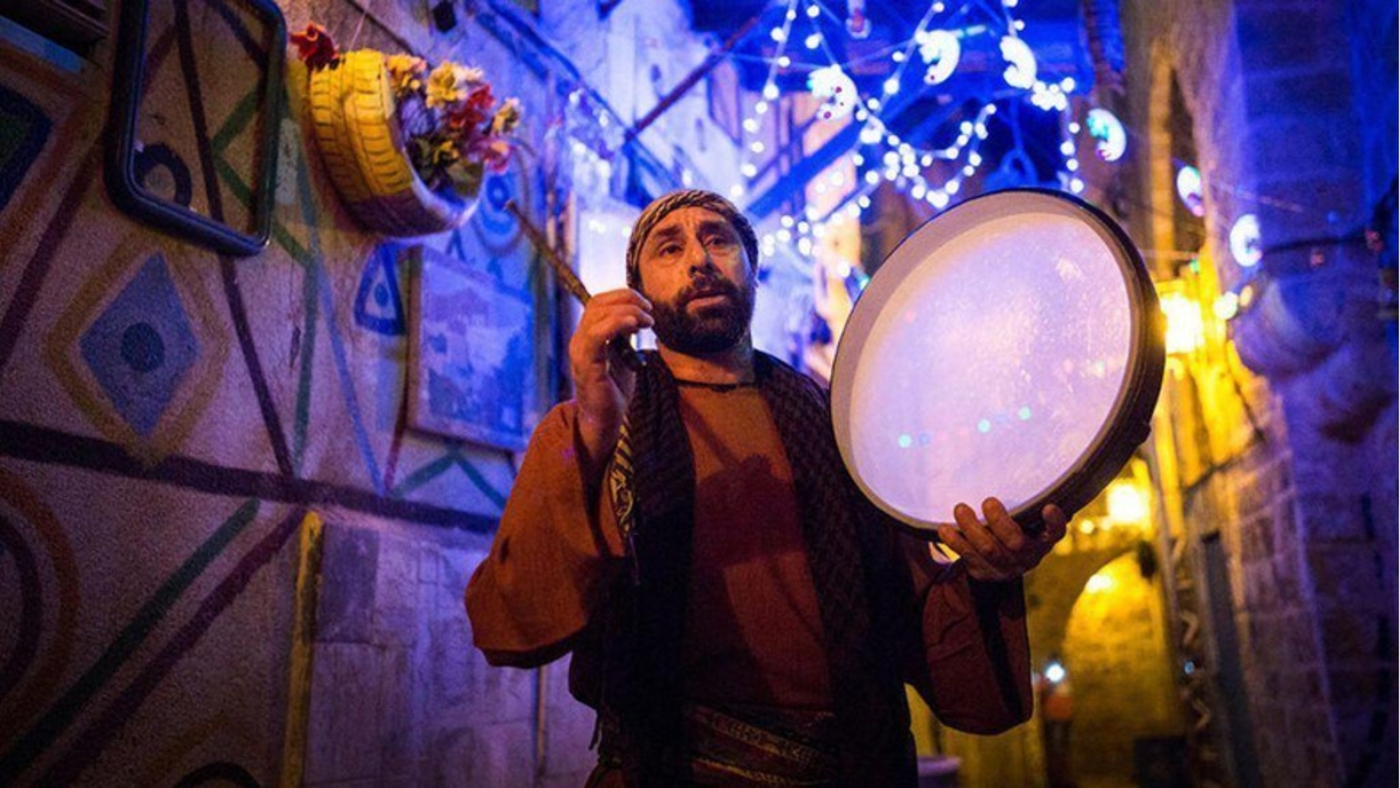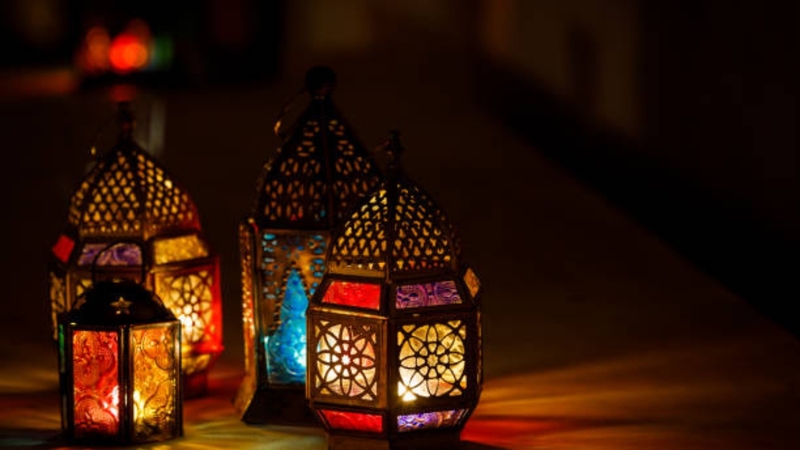Ramadan Traditions and Cultural Significance
March 21, 2023
In Islam, Ramadan is considered the most holy time of the year. It is the ninth month of the Islamic calendar and begins/ends with the appearance of the crescent moon and is celebrated by millions of Muslims around the world. During Ramadan, Muslims fast from sunrise until sunset for 30 days, and are held to higher moral standards. For Muslims, it is a time to practice self-restraint, atonement, and a time to build a stronger relationship with Allah. Some Ramadan traditions are region specific and have gone on for decades. In many countries throughout the Middle East, cannons are fired every day to signal the end of people’s fasting at Maghrib time. In Kuwait, Gergean is celebrated on the 13th, 14th, and 15th day of Ramadan. It is a day where children go to different houses in their neighborhood and sing songs to receive candy. In the Levant region, people walk through the streets during Suhoor time to wake up the neighborhood for Suhoor. They play drums, flutes, and sing songs all throughout the neighborhood. It is also tradition to hang colorful lanterns in front of your house and display Ramadan decoration. In Albania, people march up and down the street performing ballads and then are invited in for Suhoor by members of the neighborhood. These traditions are an important part of each culture and will hopefully continue to happen!



